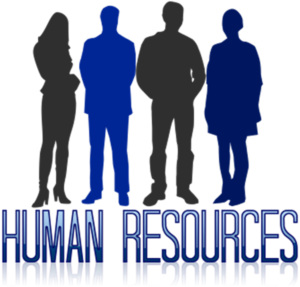The HR department primarily handles all personnel responsibilities and training strategies of an organisation. All the training and development programs are done by the human resource department. If you’re an employer and your HR manager is unsure of legal issues concerning the workplace, it would be advisable to contact a solicitor who specialises in employment law.
There are various types of responsibilities that a human resource manager is tasked with. They usually manage activities such as planning, updating and directing the functions of a company. In basic terms, they act as a link between the employees and management.
It’s also their role to ensure that all the HR management functions are handled in a smooth manner. Here is a breakdown of the primary responsibilities of an HR manager:
1. Handling The Recruitment Process
Perhaps monitoring the recruitment process is the most popular role of a human resource manager. The role of an HR manager in this task includes hiring responsible candidates who can invest their abilities and skills in the overall development of the organisation. It is vital for a company to have a knowledgeable HR manager as without resourceful manpower, the organisation will find it hard to grow or succeed.
2. Building Human Resource Policies and Maintaining Them
The HR manager is ideally tasked with infusing the government’s human resource policies into their HR policy and constantly reviewing them for the better performance of the workers. An HR manager needs to know all the government policies and ensure they reflect their company’s. These policies encompass leaves, regulations, pay, promotions, incentives, working hours, and much more.
 3. Organisation Structure & Planning
3. Organisation Structure & Planning
Another vital responsibility of an HR manager is to develop an organisational structure. They are tasked with laying the foundation for the company. They create various strategies in order to meet the goals of the company and contribute their support to every department of the organisation. They ideally acknowledge the team leaders with their results, compare them to the set goals and advice them on how to achieve them. Their job is to ensure that every team member is contributing to the growth of the company.
4. Staff Development Programs
After completing the hiring process, the HR manager is tasked with the employee training process. They prepare the programs depending on the nature of work and department and enhance the new members to get used to the workplace environment. They present an opportunity for new hires to learn new skills and even develop their career by offering ideal training programs.
These are some of the primary responsibilities of an HR manager in your typical organisation.

